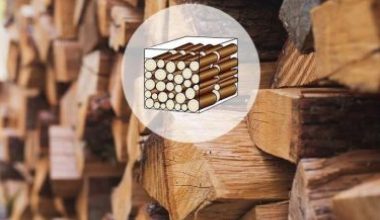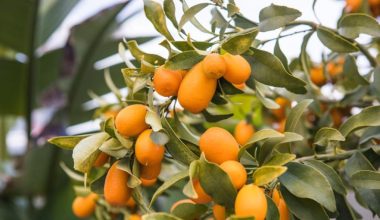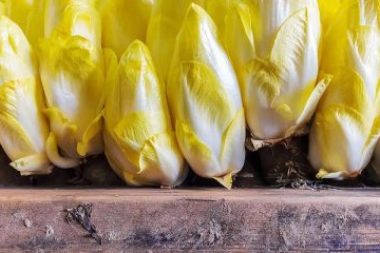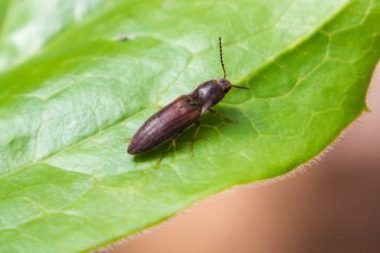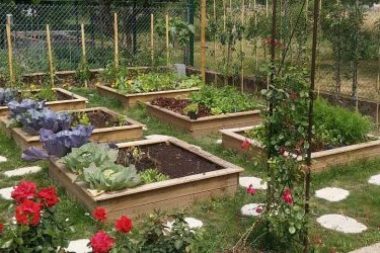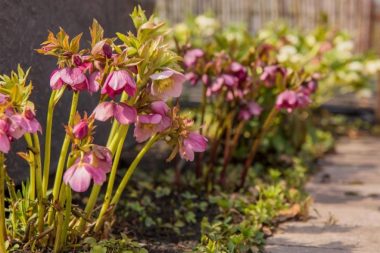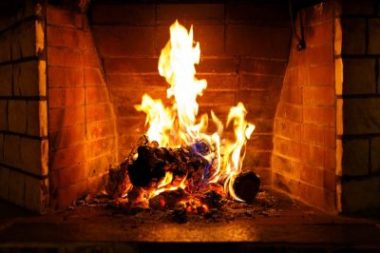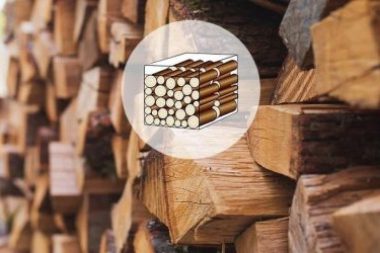With winter approaching and the price of electricity rising, it is time to (re)consider our way of heating. But which wood should we choose for optimal heating?
Table of Contents
Contents
Why choose wood heating?
As the price of gas and electricity continues to increase, we are looking for the most economical solution for heating. Wood is one of the cheapest fuels on the market, making wood heating the most economical (and relatively stable in price).
But be careful, not all firewood burns the same way and has the same efficiency!

- All my articles on firewood
- How to prepare firewood for the cold months?
Which types of wood to prefer?
The type of wood determines its calorific value. This means that, at equal quantity and equal moisture content, a type of wood will produce more or less heat.
This should be taken into account when choosing firewood, as well as its burning duration.
Hardwoods
In a closed fireplace, hardwoods (such as oak, ash, acacia, chestnut…) offer optimal combustion. They are ideal for domestic heating, as their high density provides long-lasting combustion (1700 to 2,000 kWh per apparent cubic meter).
However, hardwood is not recommended if your fireplace has an open hearth: it can crack with heat and send out sparks.
Softwoods
Softwoods like birch, lime, alder, and poplar produce beautiful flames, but unfortunately, their combustion is rather quick. Softwoods are therefore not economical for firewood.
Resinous woods
Easy to ignite, resinous woods like pine, larch, or spruce have low density and low calorific value (on average 600 kWh per apparent cubic meter).
Being rich in sap, they can also clog your stove or chimney during combustion. However, they make good fire starters.
Watch out for moisture content!

Moisture class H2 wood (with a moisture content above 20%) has no advantages, regardless of the tree species. In fact:
- Wet wood burns poorly.
- Wet wood is polluting.
- Wet wood clogs the flues.
- Wet wood loses its calories in water vapor and produces half as much heat as dry wood.
Therefore, the firewood that burns the longest is dry, ready-to-use hardwood (freshly cut wood containing more than 45% moisture).
- What are the main pests of firewood?
- Why are there new regulations on the sale of firewood?
- How to recognize high-quality firewood?

